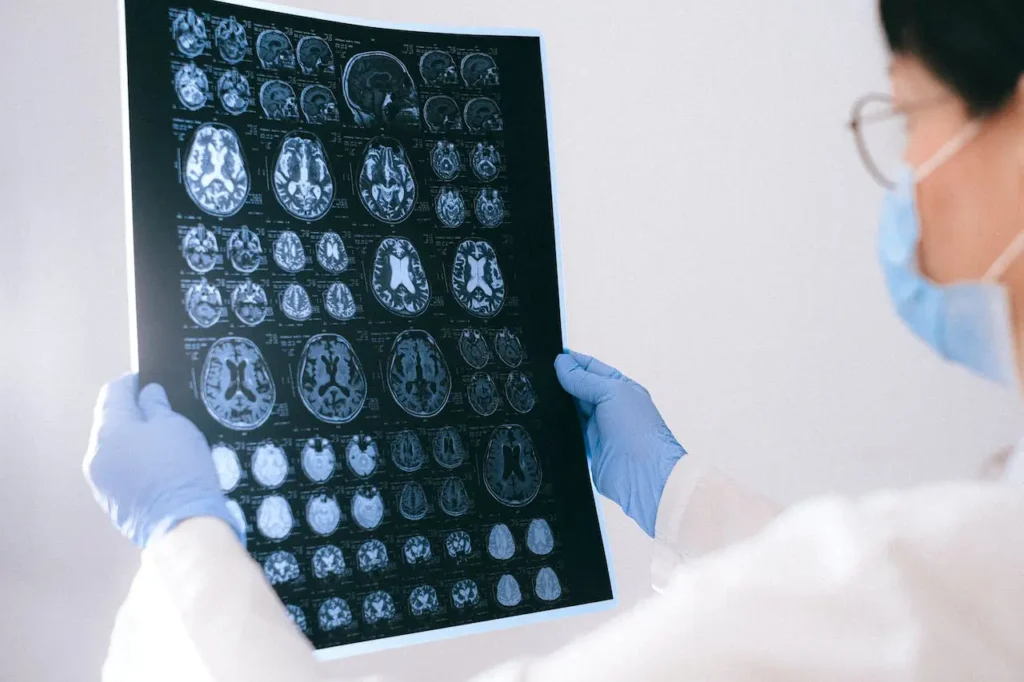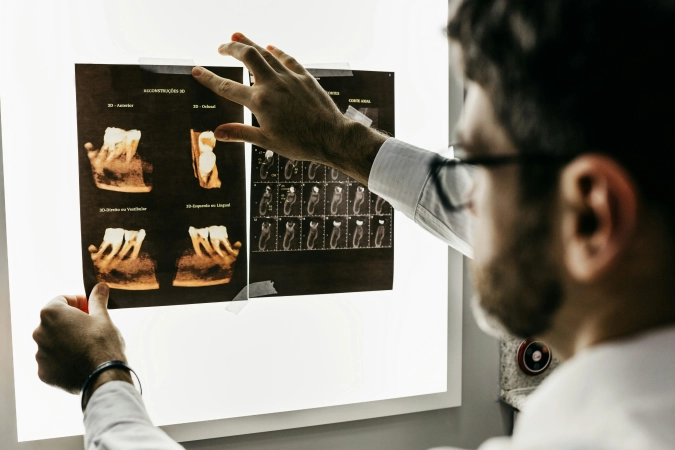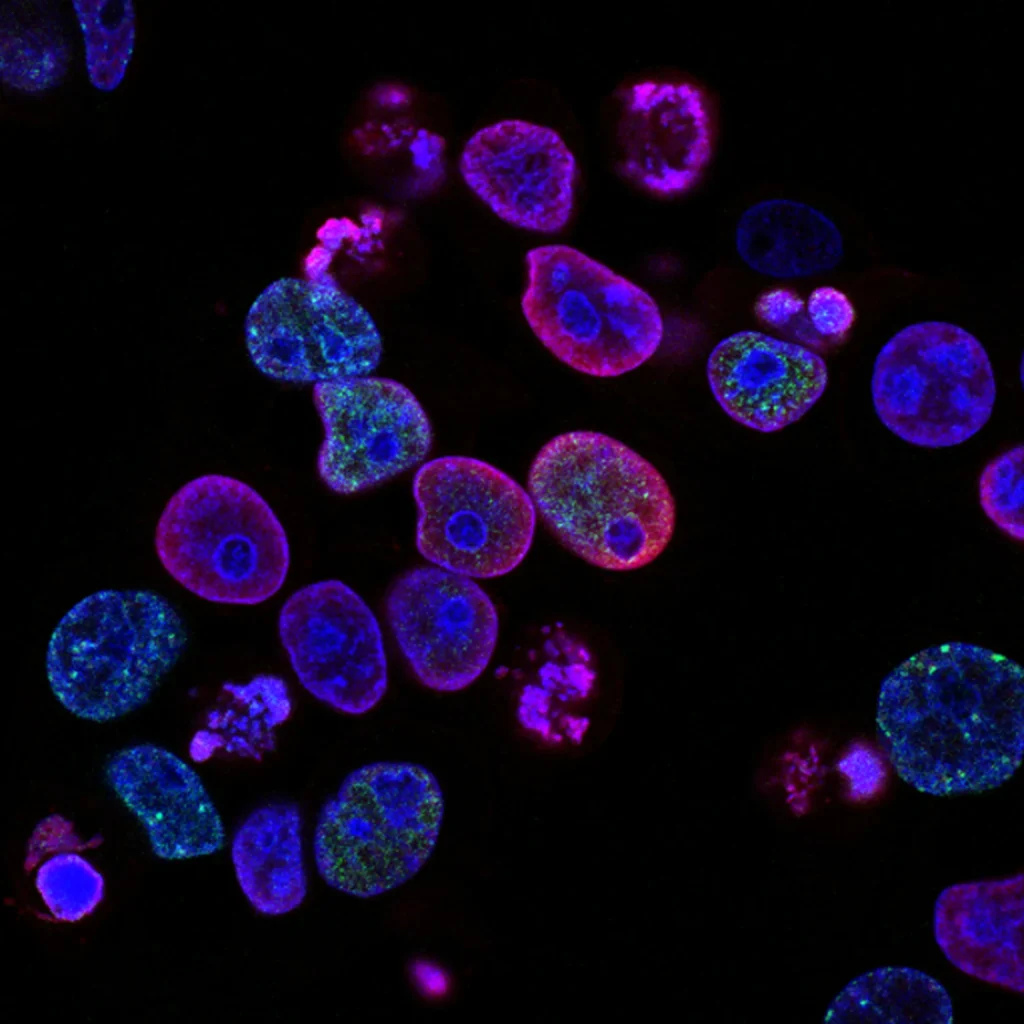Top 10 Best Nephrologist Near Me: A Comprehensive Guide

This post may contain affiliate links, meaning I may earn a commission if you make a purchase, at no extra cost to you. I only recommend products I trust. Thank you for your support.
Nephrology is a specialized branch of medicine that focuses on the diagnosis and treatment of kidney-related conditions.
Are you searching for the best nephrologist near you, this comprehensive guide features the top 10 nephrologists or kidney doctors in your area, and provide you with all the information you need to make an informed decision.
What is a nephrologist?
A nephrologist or kidney doctor is a highly trained medical professional medical professionals who specialize in this field of nephrology and are experts in managing kidney diseases and disorders.
These doctors are skilled in diagnosing and managing various kidney-related conditions, such as chronic kidney disease, kidney stones, urinary tract infections, and kidney failure.
They also have expertise in managing the complications that arise from these conditions, including high blood pressure, electrolyte imbalances, and fluid retention.
When you visit a nephrologist, they will conduct a thorough evaluation of your medical history and perform a comprehensive physical examination.
They may also order further diagnostic tests, such as blood and urine tests, imaging studies, or kidney biopsies, to gather more information about your condition.
Based on their findings, they will develop a personalized treatment plan tailored to your specific needs, which may include medications, lifestyle modifications, or even dialysis or kidney transplantation if necessary.
The Best Nephrologists – Top 10 Kidney Doctors
Finding the best kidney doctor in your area can be a daunting task, given the numerous options available.
To simplify your search, we have compiled a list of the top 10 nephrologists and services they specialize:
1. Dr. James O Wells, MD, F.A.C.P
- Dr. Wells provides expert guidance and treatment throughout your kidney disease, from detection to replacement therapy if needed and located in Atlanta, GA.
2. Dr. Heather K. Morris, MD
- Dr. Morris graduated from the Harvard Medical School currently working with CUIMC/Presbyterian Hospital and Vanderbilt Clinic in New York, NY and is a nephrology specialist with over 16 years of experience.
- Dr. Morris is affiliated with New York Presbyterian Hospital Columbia University Medical Center.
3. Dr. Jeffrey H. Lautman, MD
- Top rated with 5 stars, Dr. Lautman is Board Certified in Nephrology with 38 years of experience.
- Located at Cleveland Kidney & Hypertension Consultants, Inc. Located in Cleveland, OH.
4. Dr. Ciaran Therese Browne, MD
- Dr. Browne is a nephrology specialist primarily located in Prince Frederick with 31 years of experience.
- Dr. Browne is affiliated with Calvert Memorial Hospital.
- She speaks English and Spanish.
5. Dr. Mohammad Asgar Khan, MD
- Dr. Khan is a prominent nephrology specialist with 38 years of experience in dialysis, focal segmental glomerulosclerosis, medical management of chronic kidney disease (CKD) etc.
- He is affiliated with MedStar Georgetown University Hospital and MedStar Washington Hospital Center in Washington DC.
6. Dr. Ronald Lang, MD
- Dr Lang is a nephrologist specialist at Synergy Hematology Oncology Medical Associates, Inc.
- He specializes in the management of kidney diseases/disorders and general medicine needs including annual physicals.
7. Dr. Abhilash Koratala, MD, F.A.S.N
- Dr. Koratala is a board certified Nephrology specialist in clinical hypertension.
- Located at the Center for Advanced Care, Froedtert Hospital, Milwaukee, WI.
8. Dr. Negiin Pourafshar, MD
- Dr. Pourafshar, a distinguished nephrologist practicing in Washington, D.C. with MedStar Health.
- Her expertise spans Chronic Kidney Disease, Nephrosclerosis, Renovascular Hypertension, Kidney Transplant, and Aortic Valve Replacement.
- Currently open to new patients, she brings a wealth of knowledge to her practice.
9. Dr. Patrick E. Gipson
- Dr. Patrick Gipson is a prominent nephrologist with George Washington Medical Faculty Associates in Washington D.C.
- He has been practicing medicine for over 35 years and is his top areas of expertise are Nephrotic Syndrome, Glomerulonephritis, Feingold Syndrome, and Congenital Nephrotic Syndrome.
10. Dr. Hamed Pashaei
- Dr. Hamed Pashaei is a 5 star rated experienced Internal Medicine Specialist and Adult Nephrologist at Viva Health Center.
- Located in Richmond Hill, ON.

How to Find the Best Nephrologist
If you’re searching for a kidney doctor near me, there are several resources you can utilize to find the best healthcare provider for your needs.
Here are some effective ways to locate a kidney doctor in your area:
1. Ask for referrals
Start by asking your primary care physician or other healthcare professionals for recommendations.
They can provide valuable insights and refer you to reputable nephrologists they trust.
2. Check with your insurance provider
Contact your health insurance company to obtain a list of nephrologists who are covered under your plan.
This will ensure that you receive the maximum insurance benefits and minimize out-of-pocket expenses.
3. Use online directories
Utilize online directories such as MediFind, Vitals, or Zocdoc to search for nephrologists near you.
These platforms provide comprehensive information about the doctor’s qualifications, patient reviews, and contact details.
4. Consult professional organizations
Reach out to professional organizations such as the American Society of Nephrology (ASN) or the National Kidney Foundation (NKF) for recommendations in your area.
These organizations maintain directories of qualified nephrologists who adhere to the highest standards of care.
5. Ask for recommendations from support groups
Join online or local support groups for kidney-related conditions.
Members of these groups often have first-hand experiences with kidney doctors and can provide valuable recommendations based on their personal experiences.
Factors to Consider When Choosing a Kidney Doctor
When selecting a kidney doctor, it’s important to consider various factors to ensure you receive the best possible care.
Here are some key factors to keep in mind:
- Experience and expertise: Look for a nephrologist who has extensive experience in treating kidney-related conditions. Consider their years of practice, training, and any specialized areas of expertise that may be relevant to your condition.
- Hospital affiliations: Check which hospitals or medical centers the nephrologist is associated with. Affiliation with reputable institutions often reflects a higher standard of care and access to advanced treatments and technologies.
- Communication style: Effective communication between you and your nephrologist is crucial. Choose a doctor who listens attentively, explains medical concepts clearly, and actively involves you in the decision-making process.
- Patient reviews: Read online reviews or testimonials from previous patients to gain insights into the doctor’s reputation and patient satisfaction. However, keep in mind that individual experiences may vary, so consider the overall consensus rather than a single opinion.
- Availability and accessibility: Consider the location and office hours of the nephrologist’s practice. Opt for a doctor who is easily accessible and can accommodate your schedule, ensuring convenient and timely medical care.

The Importance of Regular Kidney Check-ups
Regular kidney check-ups are crucial for maintaining optimal kidney health and detecting any potential issues at an early stage.
Here are some reasons why kidney check-ups are essential:
- Early detection of kidney disease: Regular check-ups allow nephrologists to identify kidney diseases in their early stages when treatment is most effective, which can help slow down the progression of kidney disease and prevent further complications.
- Monitoring kidney function: These tests can detect abnormalities in the levels of waste products, electrolytes, and other important markers, helping nephrologists assess your kidney health and make necessary interventions.
- Managing risk factors: Kidney check-ups provide an opportunity to assess and manage risk factors that may contribute to kidney disease, such as high blood pressure, diabetes, obesity, and a family history of kidney disease.
- Preventing complications: Regular check-ups allow nephrologists to monitor and manage complications associated with kidney disease, such as high blood pressure, anemia, bone disorders, and cardiovascular problems.
- Educating and empowering patients: Kidney check-ups provide an opportunity for nephrologists to educate patients about kidney health, lifestyle modifications, and self-care techniques.
Resources
If you’re interested in learning more about nephrology and kidney health, there are several reputable resources available.
Here are some recommended sources for reliable information:
- National Kidney Foundation (NKF): The NKF is a leading organization dedicated to raising awareness and providing support for kidney patients. Their website, www.kidney.org, offers a wealth of information about kidney diseases, treatment options, and resources for patients and caregivers.
- American Society of Nephrology (ASN): The ASN is a professional organization that promotes excellence in nephrology practice and research. Their website, www.asn-online.org, provides access to educational materials, research articles, and news updates in the field of nephrology.
Conclusion
Finding the best nephrologist near you is a crucial step in managing your kidney health effectively.
By understanding the role of kidney doctors, knowing how to find them, and considering important factors when making a choice, you can ensure that you receive the highest quality of care.
Remember the importance of regular kidney check-ups and the role they play in early detection and prevention of kidney diseases.
Take advantage of this guide, but also explore other resources and consult with your healthcare provider for personalized recommendations.
By prioritizing your kidney health and working closely with a skilled nephrologist, you can take control of your well-being and maintain optimal kidney function for years to come.
I strongly suggest you check out this articles as they can greatly help caregivers in their daily duties;
Frequently Asked Questions (FAQs)
Are these kidney doctors accepting new patients?
Most of the nephrologists listed are likely to accept new patients, but it’s always advisable to contact their practice directly to confirm availability.
Do these kidney doctors accept insurance?
Most of the listed nephrologists likely accept insurance, but it’s recommended to verify with your insurance provider and the nephrologist’s office to ensure coverage before scheduling an appointment.
What symptoms should prompt me to see a kidney doctor?
Symptoms such as persistent high blood pressure, changes in urinary habits, swelling, fatigue, and unexplained pain in the kidney area may warrant a visit to a nephrologist.
What diagnostic tests might a kidney doctor order for kidney evaluation?
Common tests include blood tests (creatinine, BUN), urine tests, imaging studies (ultrasound, CT scan), and sometimes kidney biopsy for a more detailed assessment.
Can lifestyle changes help manage kidney health?
Yes, maintaining a healthy lifestyle with a balanced diet, regular exercise, staying hydrated, and managing conditions like diabetes and hypertension can positively impact kidney health.
Note: This article is for informational purposes only and should not be considered medical advice. Always consult with a qualified healthcare professional for personalized diagnosis and treatment.




